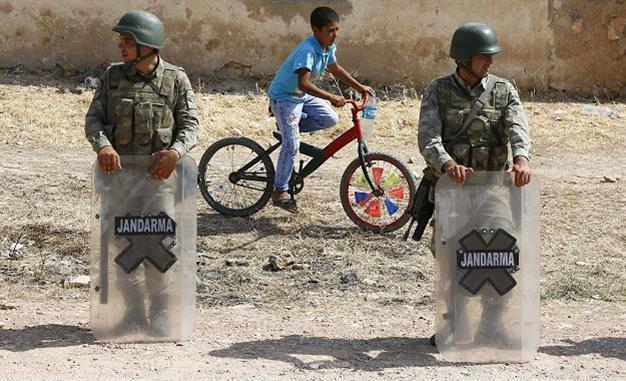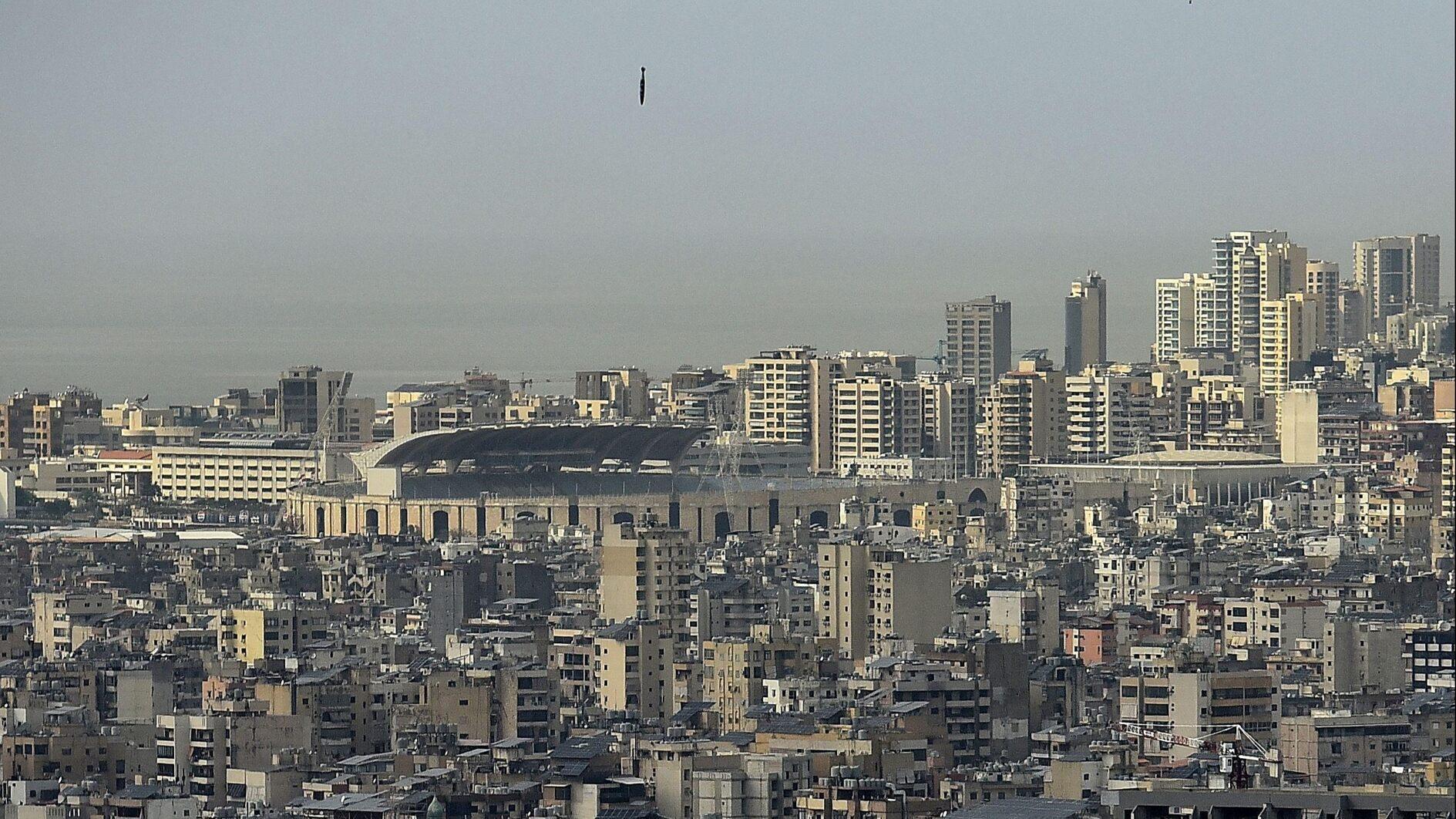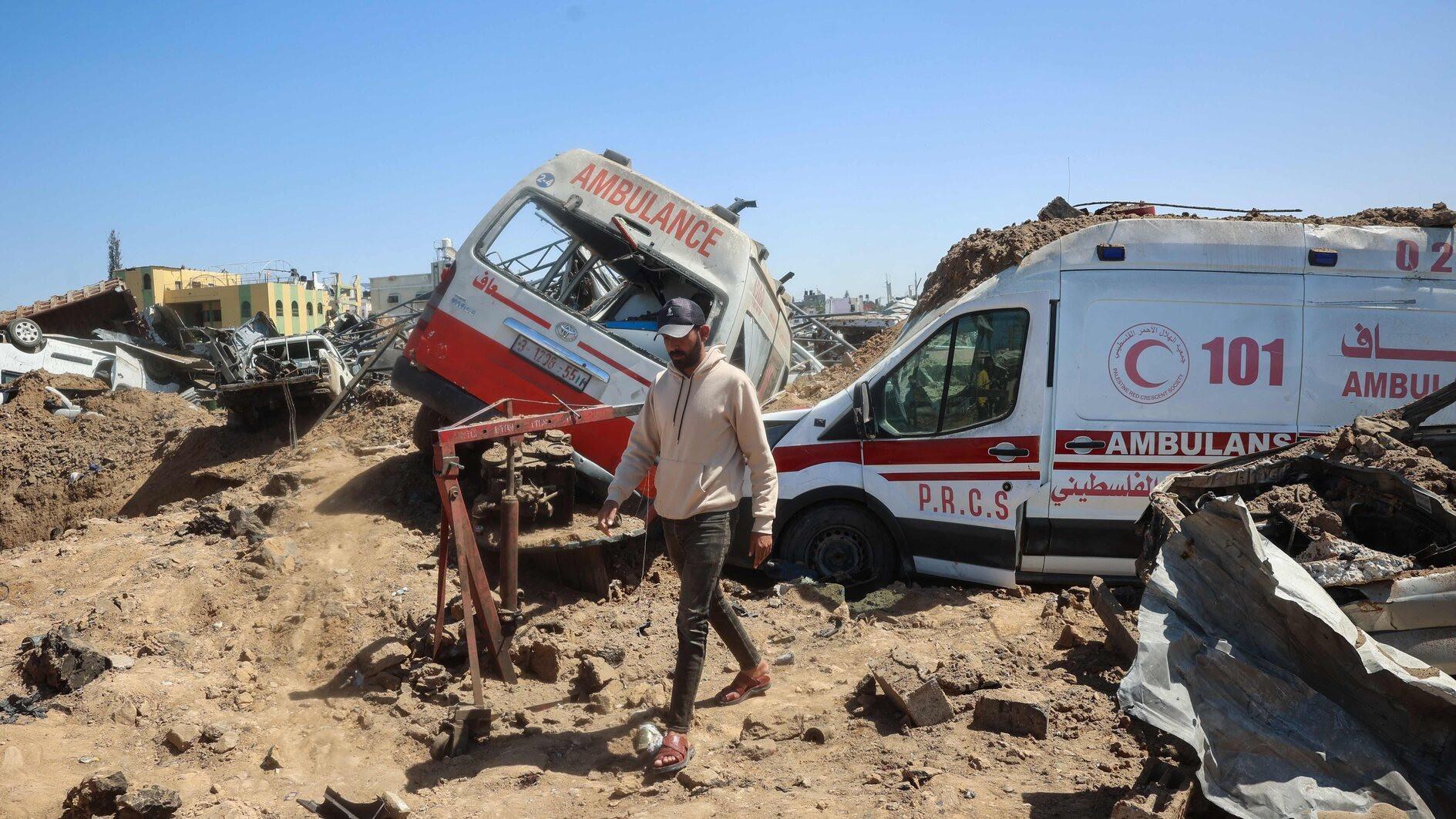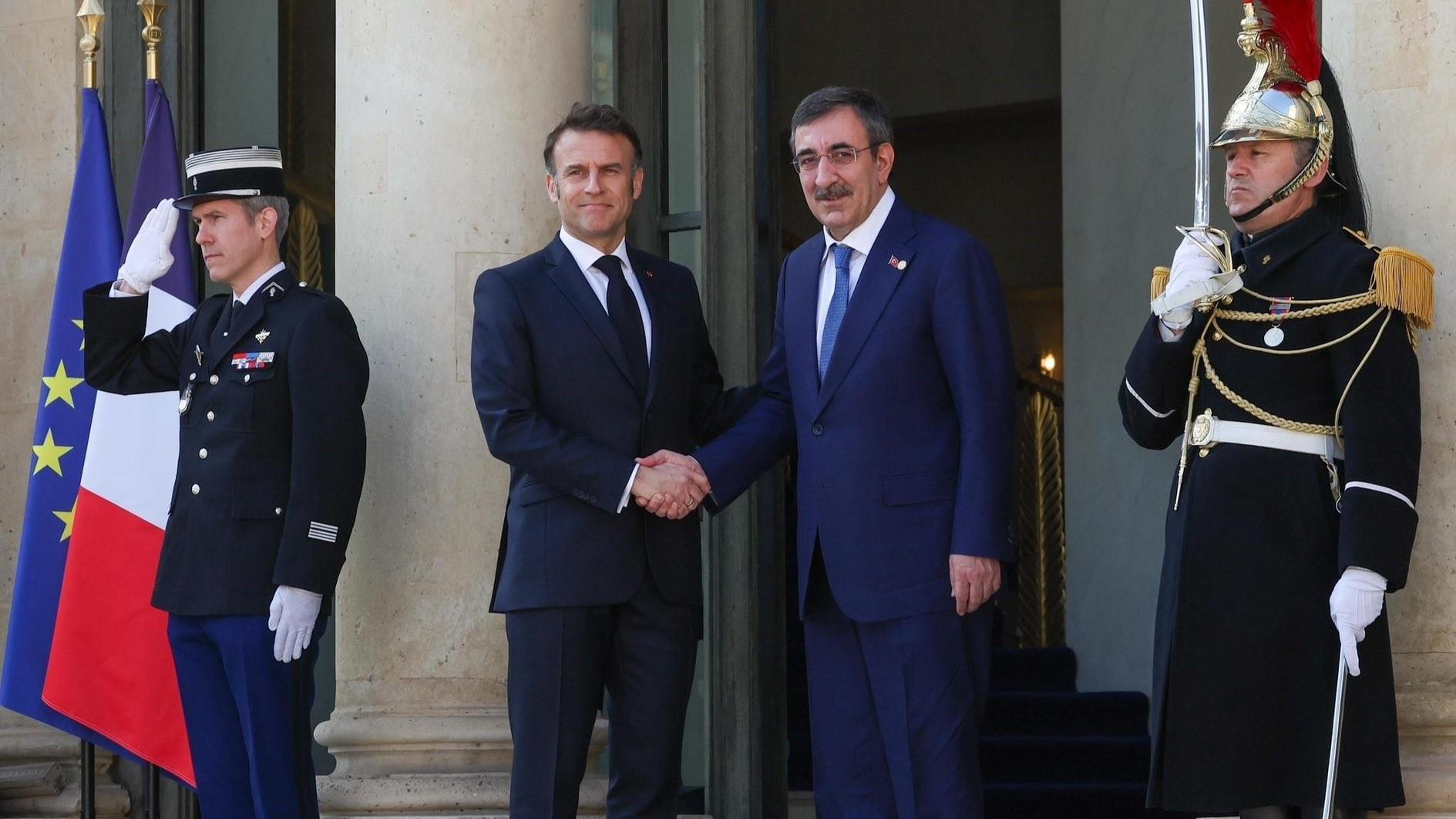Turkey mulls bombing ISIL without sending troops to Syria
Deniz Zeyrek - ANKARA

Turkish soldiers stand guard near the Mürşitpınar border gate in Suruç, bordering with Syrian town of Kobane, Şanlıurfa province, Turkey, June 27, 2015. REUTERS/Murad Sezer
The Turkish Armed Forces (TSK) are not keen on sending forces into Syria in the near future unless its units are targeted despite a government directive encouraging an intervention, daily Hürriyet has learned, amid reports that the army is considering bombing the extremists from Turkey instead.Having strongly indicated its reluctance to lend support to the Free Syrian Army (FSA), the TSK is inclined to engage in a bombing campaign against the front line of the Islamic State of Iraq and the Levant (ISIL) and provide logistical support to the FSA only after the new parliament makes its stance clear.
Options for the TSK before the parliament elects its speaker and a new government is formed are limited to intensifying security measures at the border, upgrading the military presence near the border, increasing intelligence activity in the region and keeping units on full alert in line within the framework of the rules of engagement which are designed to treat any military approach from Syria as a threat, according to sources.
Arguments of civilian and military authorities
According to sources, the president’s office, the government, the Foreign Ministry and the National Intelligence Organization (MİT) want the TSK to support the Syrian forces fighting the central government in a fashion similar to the support given by the United States to Syria’s Democratic Union Party (PYD) in Kobane and Tal Abyad so as to prevent ISIL from gaining Azaz and Marea, which are close to the Turkish border and the scene of intense clashes.
In this context, hitting ISIL’s frontline with long-range artillery deployed on Turkish territory or with aerial attacks, while also lending arms and ammunition support to opposing rebel forces, are expected. The TSK is also said to believe that because such a step would target ISIL, it would be welcomed by the U.S.-led international coalition.
Deploying Turkish soldiers into Syria is not among the steps expected to be taken by the TSK in the short term.
The seizure of the 90-kilometer-long front from Jarabulus to Azaz by rebel groups, not Kurdish groups, would also benefit Turkey, according to sources.
‘A method of attack’
Nonetheless, according to the TSK, it is impossible to legally give logistic support covertly, as using air forces and artillery would be construed as “a method of attack,” not a method of defense against a security threat. As such, military officials are worried about the possible international reaction to such a move, meaning it does not want to intervene until it is exposed to an attack.
The army also does not agree with the civilian authority’s description of a “security threat,” according to sources.
The TSK has also noted that Washington has declared a number of the rebel groups fighting ISIL in the Azaz area as terrorist groups, meaning the army does not want to necessarily support the groups. In providing justification, the TSK has said it is not become party to the fight between the PYD and ISIL.
Drawing attention to both the upcoming change in the command echelon in the TSK and the formation of a new government, the TSK said the timing of the requested steps have come at the wrong time, adding that the steps would hamper the new government and parliament on the issue of Syria.
Political parties
Meanwhile, Nationalist Movement Party (MHP) leader Devlet Bahçeli declared during a recent meeting with his inner circle that an Oct. 2, 2014, motion giving the government new power to launch military incursions into Syria and Iraq and allow foreign forces to use its territory for possible operations against ISIL was no longer “sufficient.”
The Republican People’s Party (CHP), however, said all sides of the war in Syria were dirty, demanding that Turkey not enter the conflict.
The Peoples’ Democratic Party (HDP), on the other hand, has strongly argued against giving any support to groups like al-Nusra, which are affiliated with al-Qaeda, particularly when such support has not been granted to the PYD.
















